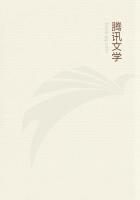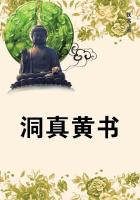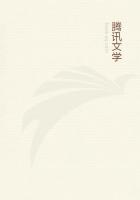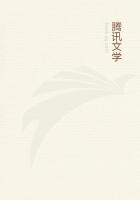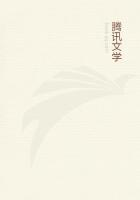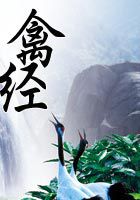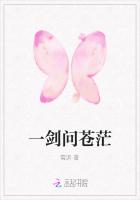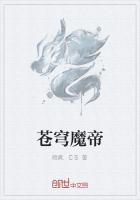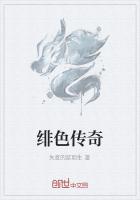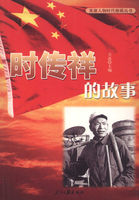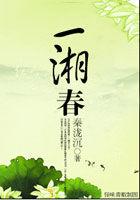For, in this case, an intelligible cause signifies merely the transcendental and to us unknown ground of the possibility of sensuous phenomena, and its existence, necessary and independent of all sensuous conditions, is not inconsistent with the contingency of phenomena, or with the unlimited possibility of regress which exists in the series of empirical conditions.
Concluding Remarks on the Antinomy of Pure Reason.
So long as the object of our rational conceptions is the totality of conditions in the world of phenomena, and the satisfaction, from this source, of the requirements of reason, so long are our ideas transcendental and cosmological.But when we set the unconditioned-which is the aim of all our inquiries- in a sphere which lies out of the world of sense and possible experience, our ideas become transcendent.They are then not merely serviceable towards the completion of the exercise of reason (which remains an idea, never executed, but always to be pursued); they detach themselves completely from experience and construct for themselves objects, the material of which has not been presented by experience, and the objective reality of which is not based upon the completion of the empirical series, but upon pure a priori conceptions.The intelligible object of these transcendent ideas may be conceded, as a transcendental object.But we cannot cogitate it as a thing determinable by certain distinct predicates relating to its internal nature, for it has no connection with empirical conceptions; nor are we justified in affirming the existence of any such object.It is, consequently, a mere product of the mind alone.Of all the cosmological ideas, however, it is that occasioning the fourth antinomy which compels us to venture upon this step.For the existence of phenomena, always conditioned and never self-subsistent, requires us to look for an object different from phenomena- an intelligible object, with which all contingency must cease.But, as we have allowed ourselves to assume the existence of a self-subsistent reality out of the field of experience, and are therefore obliged to regard phenomena as merely a contingent mode of representing intelligible objects employed by beings which are themselves intelligences- no other course remains for us than to follow an alogy and employ the same mode in forming some conception of intelligible things, of which we have not the least knowledge, which nature taught us to use in the formation of empirical conceptions.Experience made us acquainted with the contingent.But we are at present engaged in the discussion of things which are not objects of experience; and must, therefore, deduce our knowledge of them from that which is necessary absolutely and in itself, that is, from pure conceptions.Hence the first step which we take out of the world of sense obliges us to begin our system of new cognition with the investigation of a necessary being, and to deduce from our conceptions of it all our conceptions of intelligible things.This we propose to attempt in the following chapter.
CHAPTER III.The Ideal of Pure Reason.
SECTION I.Of the Ideal in General.
We have seen that pure conceptions do not present objects to the mind, except under sensuous conditions; because the conditions of objective reality do not exist in these conceptions, which contain, in fact, nothing but the mere form of thought.They may, however, when applied to phenomena, be presented in concreto; for it is phenomena that present to them the materials for the formation of empirical conceptions, which are nothing more than concrete forms of the conceptions of the understanding.But ideas are still further removed from objective reality than categories; for no phenomenon can ever present them to the human mind in concreto.They contain a certain perfection, attainable by no possible empirical cognition; and they give to reason a systematic unity, to which the unity of experience attempts to approximate, but can never completely attain.
But still further removed than the idea from objective reality is the Ideal, by which term I understand the idea, not in concreto, but in individuo- as an individual thing, determinable or determined by the idea alone.The idea of humanity in its complete perfection supposes not only the advancement of all the powers and faculties, which constitute our conception of human nature, to a complete attainment of their final aims, but also everything which is requisite for the complete determination of the idea; for of all contradictory predicates, only one can conform with the idea of the perfect man.
What I have termed an ideal was in Plato's philosophy an idea of the divine mind- an individual object present to its pure intuition, the most perfect of every kind of possible beings, and the archetype of all phenomenal existences.
Without rising to these speculative heights, we are bound to confess that human reason contains not only ideas, but ideals, which possess, not, like those of Plato, creative, but certainly practical power- as regulative principles, and form the basis of the perfectibility of certain actions.Moral conceptions are not perfectly pure conceptions of reason, because an empirical element- of pleasure or pain- lies at the foundation of them.In relation, however, to the principle, whereby reason sets bounds to a freedom which is in itself without law, and consequently when we attend merely to their form, they may be considered as pure conceptions of reason.

